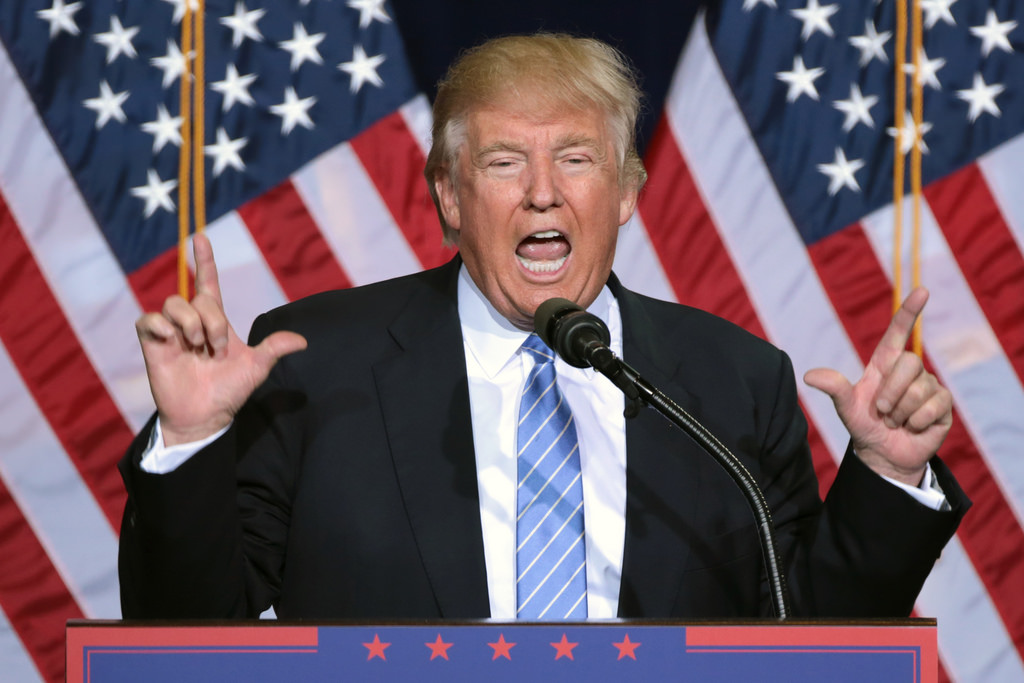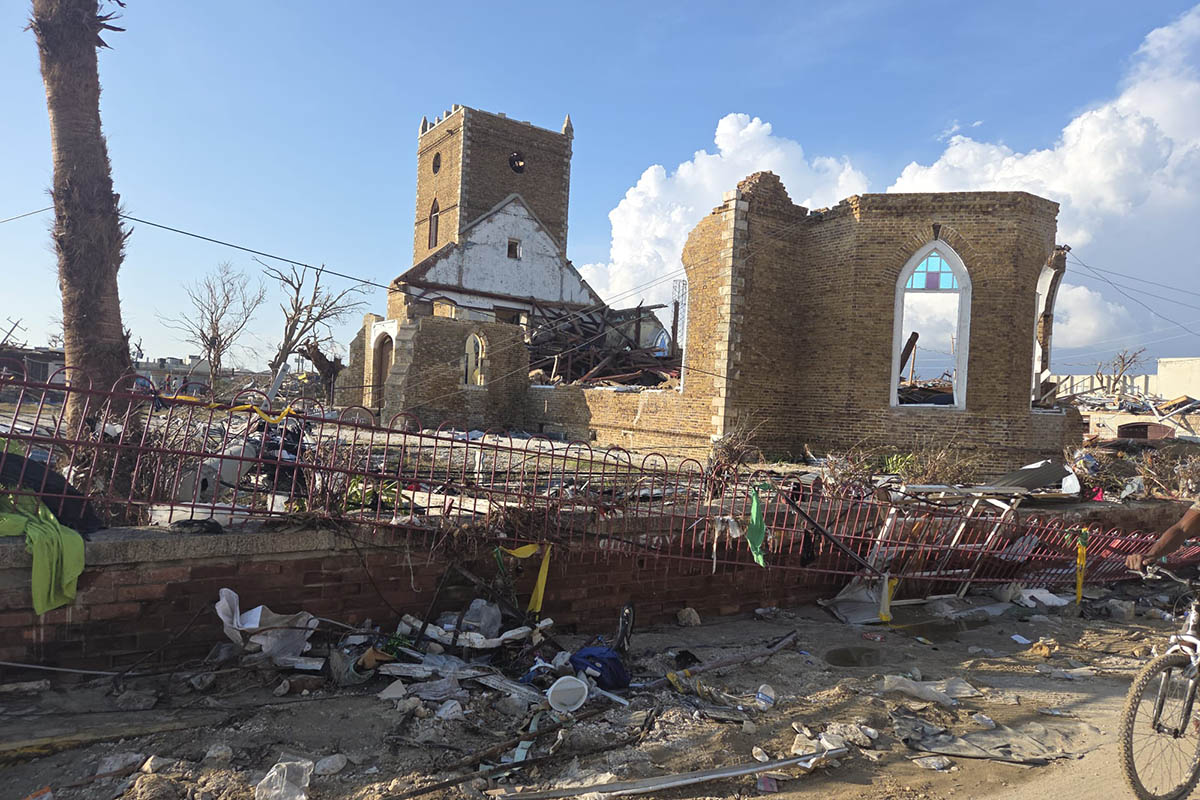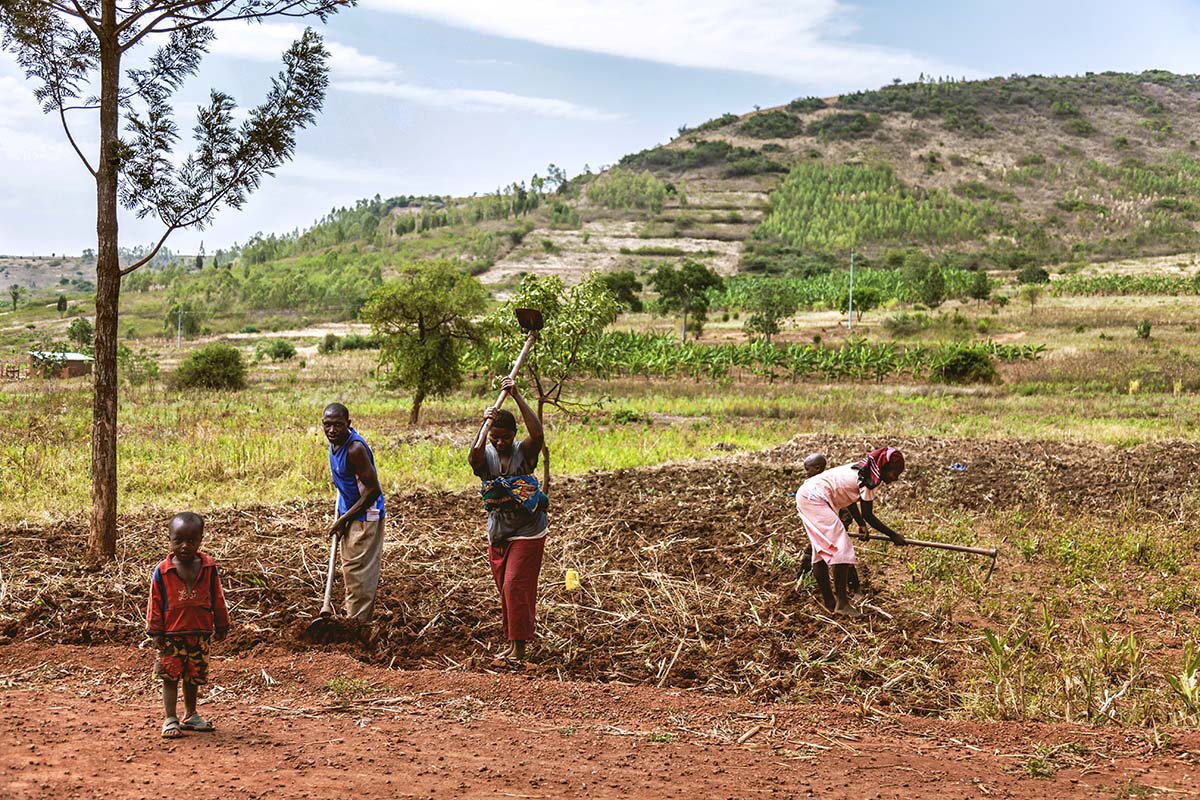“Trump and aid to developing nations”
September 8 “What if he wins?” asks Andrew Larkins, 26, a Correspondent from Australia as he looks at the impact US presidential candidate Donald Trump could have on relations with developing nations.
“What if he wins?” asks Andrew Larkins, 26, a Correspondent from Australia as he looks at the impact US presidential candidate Donald Trump could have on relations with developing nations.
The American presidential race is well underway. There are two candidates left standing and one question on everyone’s minds: Will the alienating billionaire figure of Donald Trump prevail over Hillary Clinton? If he is to win, how will his controversial foreign policies affect the developing world?
In his presidential announcement, Trump claimed “it is necessary that we (America) invest in our infrastructure, stop sending foreign aid to countries that hate us and use that money to rebuild.”
This is a sentiment that Trump has reiterated many times as he has called for foreign countries to match any investment in their country that is made by America. This could be crippling for many projects and organisations in developing countries that rely on American government based funding. These groups may have to look to reduce their functions or withdraw from some regions completely.
Along with the United Kingdom’s looming exit from the European Union, there may be some significant funding shifts in the coming years. Non-Government Organisations (NGOs) and public private partnerships (PPPs) are likely to play significant roles in the restructuring of aid funding with the changing global political landscape. One thing that is more certain, is that if Hillary Clinton is to win the presidential race, there will be more stability to America’s foreign aid policy.
If there is a withdrawal of funding from developed countries, such as America and Great Britain, will the recipient countries involved look to take hold and maintain the research and aid efforts in the region as they continue to try and move into a developed world? There has been discussion throughout social media to suggest that whilst developed nations continue to hand out good and services at the same time as recruiting talented individuals from these countries, there will be no change. Until these countries are able to create and maintain their own stable long-term education and research systems, there will be no change. Whilst the developed world continues to run vertical aid programs where they dispatch perishable goods and services at an issue, packing up when they think they have done enough, there will be no change.
These vertical programs often leave countries with a pile of goods but no true sustainable system or infrastructure to allow them to continue the work of the programs. Decreased monetary funding may cause donors to look for new ways to implement change, other than the monetary programs they currently use. It is also possible that recipients of aid would also be willing to become more involved as they are given more ownership and responsibility.
Economist and Nobel prize winner Angus Deaton challenges the developed world’s current foreign policies by asking “what can we do that would make lives better for millions of poor people around the world without getting into their economies in the way that we’re doing by giving huge sums of money to their governments?”
Deaton points out that the world has taken large strides in reducing poverty this century alone. He discusses how this has been due to increased development rather than monetary aid, and uses China as the prime example when he claims the country has “had to work it out for themselves”.
If Trump does win and monetary aid is cut to developing nations, could there be a positive to come from the situation? NGOs and PPPs are likely to continue to grow in the near future, and potentially fill some of the monetary gap left by a Trump government. However, will these nations begin to form their own long-term sustainable plans for the future to keep population healthy and their brightest minds at home?
Reach me on Twitter @ALarkinsVet.
photo credit: Donald Trump via photopin (license)
………………………………………………………………………………………………………………
About me: I am a 26-year-old veterinarian from Australia. I currently work as a locum mixed animal vet in the UK and Australia, along with spending time volunteering with various veterinary charities. My interests lie in global health, animal welfare and food security. I am currently completing a Masters of One Health through the university of Edinburgh. Outside of this I love spending time in the water, playing sport and listening to music.
………………………………………………………………………………………………………………
Opinions expressed in this article are those of the author and do not necessarily represent the views of the Commonwealth Youth Programme. Articles are published in a spirit of dialogue, respect and understanding. If you disagree, why not submit a response?
To learn more about becoming a Commonwealth Correspondent please visit: http://www.yourcommonwealth.org/submit-articles/
………………………………………………………………………………………………………………




